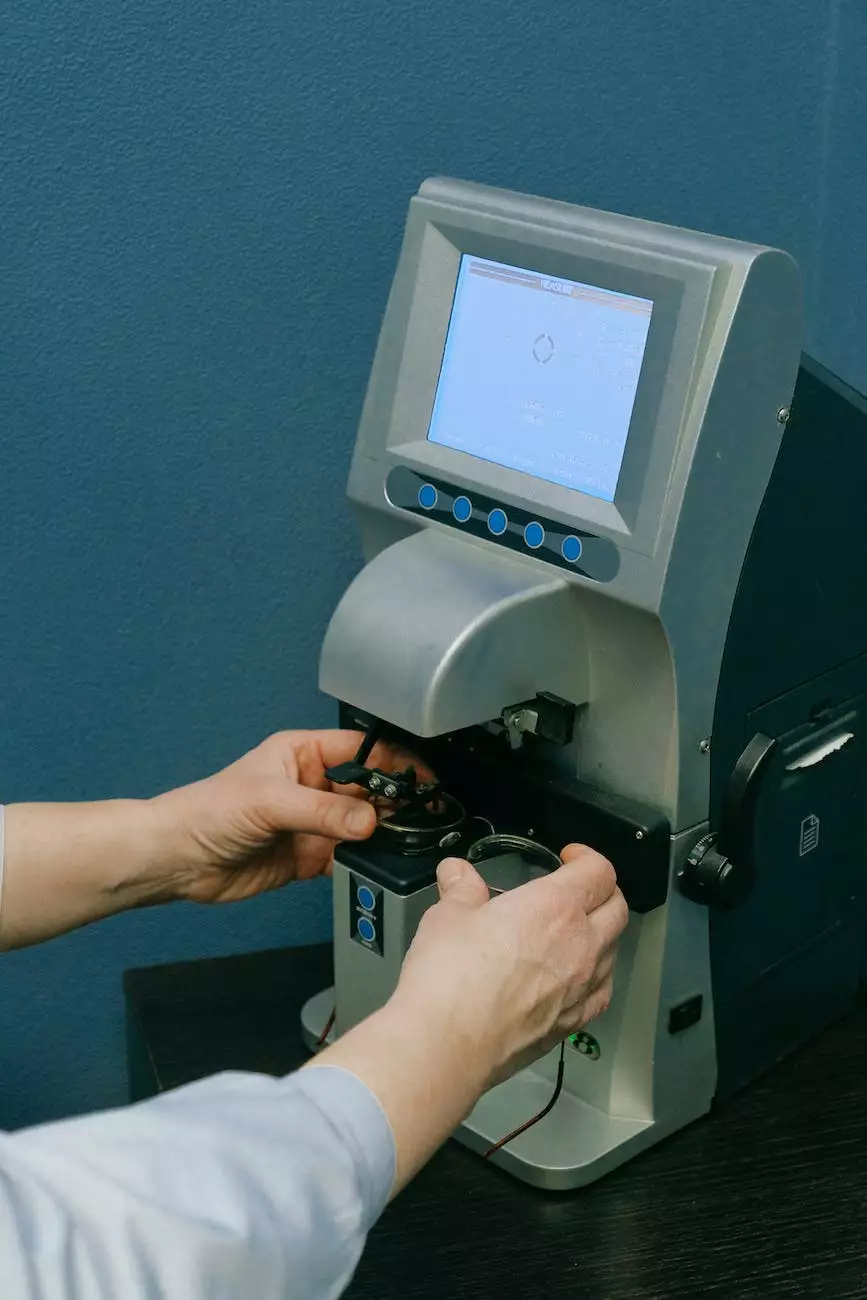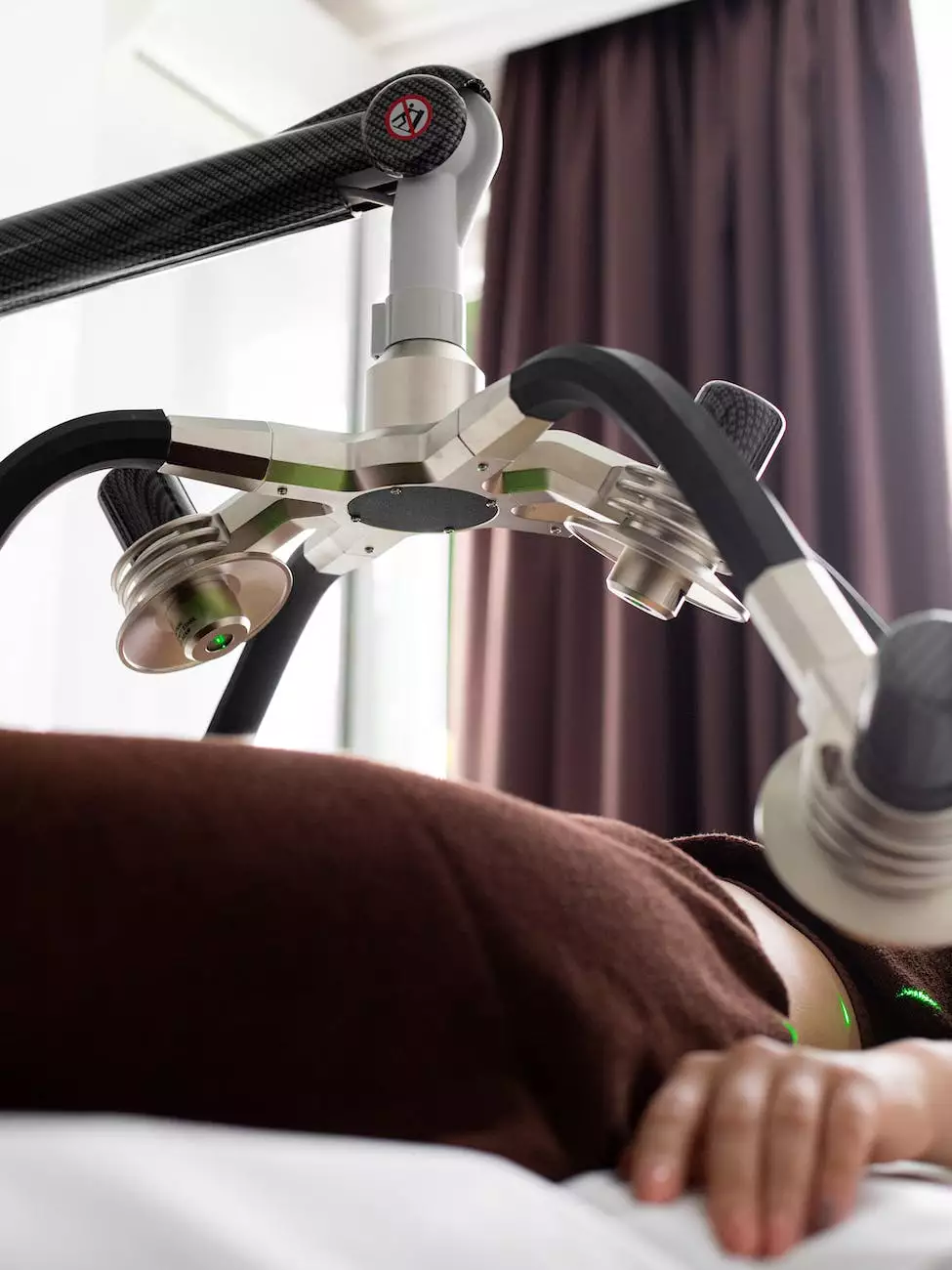Hyperuricemia - A Comprehensive Guide by 1 Body 4 Life Medical Weight Loss Wellness Center
Medical Weight Loss
Introduction
Welcome to 1 Body 4 Life Medical Weight Loss Wellness Center's comprehensive guide on hyperuricemia. In this article, we will provide you with detailed information about this condition, including its causes, symptoms, diagnosis, and treatment options. Our aim is to empower you with knowledge so that you can take control of your health and make informed decisions.
What is Hyperuricemia?
Hyperuricemia is a medical term used to describe the presence of high levels of uric acid in the blood. Uric acid is a natural waste product that is produced when the body breaks down purines, which are found in certain foods and are also produced by the body. Under normal circumstances, uric acid dissolves in the blood and is excreted through the kidneys. However, when uric acid levels exceed the normal range, it can lead to various health problems.
Causes of Hyperuricemia
Several factors can contribute to the development of hyperuricemia. Some of the common causes include:
- Diet: Consumption of foods high in purines, such as organ meats, seafood, and alcohol, can increase uric acid levels in the blood.
- Obesity: Excess weight puts additional strain on the kidneys, making it harder for them to eliminate uric acid efficiently.
- Genetics: Certain genetic factors can predispose individuals to have higher uric acid levels.
- Medical Conditions: Conditions like hypertension, kidney disease, and metabolic disorders can contribute to hyperuricemia.
- Medications: Certain medications, such as diuretics and aspirin, can interfere with the normal excretion of uric acid.
Signs and Symptoms
Hyperuricemia often does not cause any noticeable signs or symptoms. However, when uric acid levels reach extremely high levels or crystals form in the joints, it can lead to a painful condition known as gout. Common symptoms of gout include:
- Sudden and severe joint pain, commonly affecting the big toe
- Swelling and redness in the affected joint
- Tenderness and warmth in the joint
- Limited range of motion
Diagnosing Hyperuricemia
If you suspect that you have hyperuricemia or gout, it is important to consult with a healthcare professional for an accurate diagnosis. The following diagnostic tests may be recommended:
- Uric Acid Blood Test: This simple blood test measures the amount of uric acid in your blood.
- Joint Aspiration: In cases of suspected gout, a small needle is used to withdraw fluid from the affected joint for examination.
- Imaging Tests: X-rays or ultrasound may be performed to assess joint damage and identify the presence of uric acid crystals.
Treatment Options
1 Body 4 Life Medical Weight Loss Wellness Center offers several effective treatment options for hyperuricemia and gout:
- Lifestyle Modifications: Our healthcare experts can help you make dietary changes, lose weight, and engage in regular exercise to manage uric acid levels.
- Medications: Depending on the severity of your condition, medications may be prescribed to reduce uric acid production or increase its excretion.
- Joint Injections: In cases of severe gout attacks, corticosteroid injections may be administered to alleviate pain and reduce inflammation.
- Supplemental Therapies: Our center offers complementary therapies such as acupuncture and herbal medicine, which can provide additional support in managing hyperuricemia.
Prevention and Management
Preventing and effectively managing hyperuricemia involves making lifestyle changes and following prescribed treatment plans:
- Adopt a Healthy Diet: Reduce your intake of purine-rich foods and increase your consumption of fruits, vegetables, whole grains, and lean proteins.
- Maintain a Healthy Weight: Achieving and maintaining a healthy weight can help prevent uric acid buildup.
- Stay Hydrated: Drinking an adequate amount of water can help flush out excess uric acid from the body.
- Limit Alcohol Consumption: Alcohol can interfere with the excretion of uric acid, so it's best to consume it in moderation or avoid it completely.
- Follow Medication Recommendations: Take prescribed medications as directed by your healthcare provider and attend regular follow-up appointments.
Conclusion
1 Body 4 Life Medical Weight Loss Wellness Center is committed to providing you with the most comprehensive information on hyperuricemia. By understanding the causes, symptoms, diagnosis, and treatment options for this condition, you can take control of your health and make informed decisions. Remember, early detection and proactive management are crucial in preventing complications associated with hyperuricemia. Reach out to our team of dedicated healthcare professionals to learn more about how we can support you on your journey to better health.










